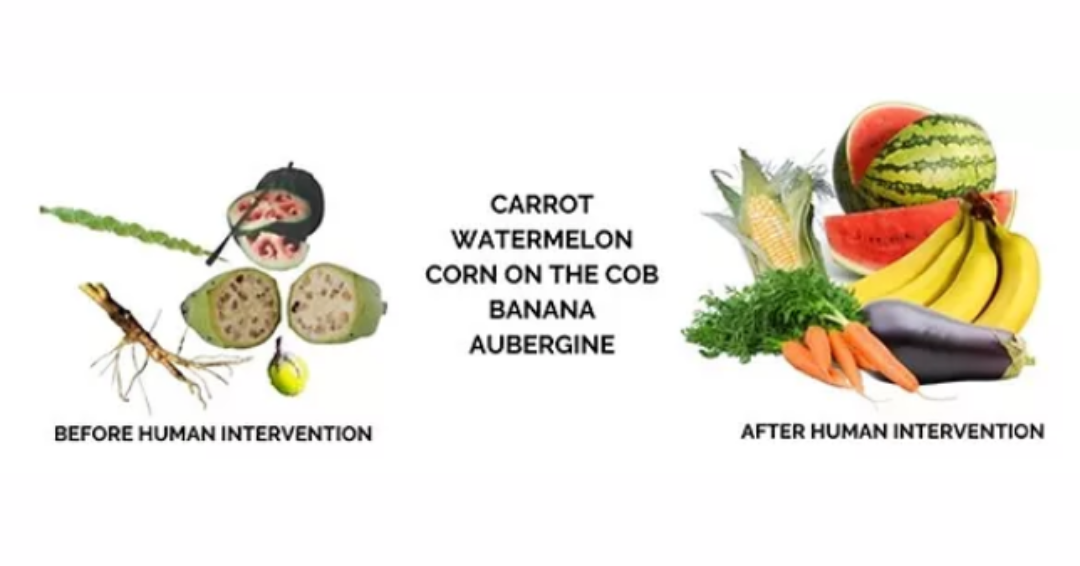
Research Reveals Lack of Consumer Awareness about the Contributions of Science in Food and Agri
July 13, 2022| |
How natural is our food, and what does ‘natural' mean anyway? Science for Sustainable Agriculture asked this important question to consumers to understand their perception of key issues about the use of science in food and agriculture. The independent survey was designed and conducted by consumer research agency England Marketing Ltd.
The highlights of the report include the following:
- Consumers consider themselves well-informed about the meaning of “natural” and “sustainable” in reference to food production; however, they are clearly not aware of the level of scientific intervention that supports the supply of fresh produce and base ingredients, which they think as unaffected by human intervention.
- A small percentage of the consumers were aware that none of the common food crops planted on British farms are native to the country. Most of them assumed that food crops including wheat, barley, oats, sugar beet, and potatoes were native to Britain, but in reality, these crops came from different parts of the world.
- Many respondents said they were “blinded by science” in terms of food and agricultural innovations because of the highly scientific and technical terms used and the lack of accessible information about such topics.
- Trust is a vital element in consumers' acceptance of scientific innovation. Only 11% reported that they trust the Government as a source of information. Farmers and public sector/academic scientists were more trustworthy, with 68% and 59% of consumers respectively claiming that they trust them as sources of information about the use of science in agriculture and food production.
According to agricultural economist Graham Brookes, a member of the Science for Sustainable Agriculture advisory group, the study highlights the deficiency in knowledge about the real origin of many common food crops and the transformation they went through to be available in the UK. “This raises questions about the validity of current public discussions around issues such as precision breeding when most consumers appear unaware of the level of scientific intervention which has already gone into the development of our everyday foods,” he added.
Read the press release and the full report for more details.
| |
You might also like:
- ISAAA Statement on Public Awareness, Education and Communication
- Study Finds Genome-Edited Foods Found Generally Acceptable by UK Consumers
- Are UK Consumers Willing to Try Cultivated Meat?
Biotech Updates is a weekly newsletter of ISAAA, a not-for-profit organization. It is distributed for free to over 22,000 subscribers worldwide to inform them about the key developments in biosciences, especially in biotechnology. Your support will help us in our mission to feed the world with knowledge. You can help by donating as little as $10.
-
See more articles:
-
News from Around the World
- WEF Puts a Spotlight on Genetic Engineering to Combat Climate Change
- Senegal President Signs New and Improved Biosafety Law
- Research Team Discovers Genetic Mutations that Made Rice Cultivation Possible
- Economists Analyze China's GE Crop Commercialization Dilemma
- Workshop to Explore Policy Considerations for Gene Editing in Asia and Australia
- Italian Lawmakers Support GM Crops to Fight Climate Change
- Scientists Discover the Gene for Cassava Mosaic Disease Resistance
- Research Reveals Lack of Consumer Awareness about the Contributions of Science in Food and Agri
- Study by International Experts Shows Global Wheat Production Can Be Doubled
-
Research Highlights
- Research Reveals the Light Mechanism that Regulates Rice Flowering Time
- Experts Analyze Trends in Rice Research
- Bioengeered Bacteria Produces Renewable Fuel to Rival Rocket Fuel
-
Read the latest: - Biotech Updates (January 28, 2026)
- Gene Editing Supplement (January 28, 2026)
- Gene Drive Supplement (February 22, 2023)
-
Subscribe to BU: - Share
- Tweet

